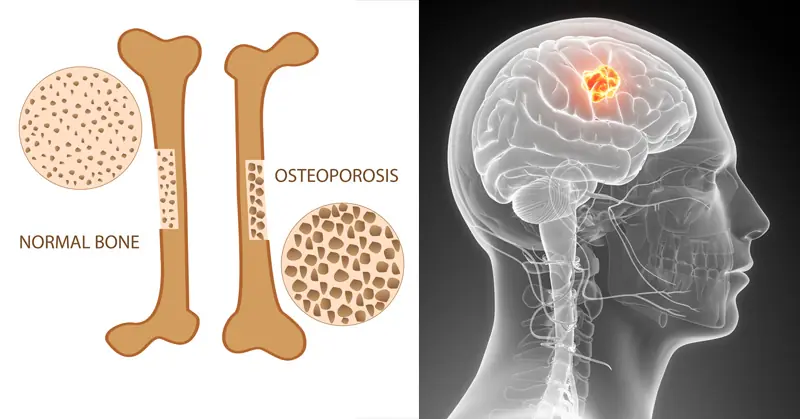
Stop Ignoring These 8 Subtle Signs of Heart Trouble Before It’s Too Late
Stop Ignoring These 8 Subtle Signs of Heart Trouble Before It’s Too Late
Heart disease doesn't always announce itself with dramatic, crushing chest pain. More often, it starts with a whisper—subtle, easily dismissed symptoms that many people, especially women, mistake for stress, fatigue, or aging. Ignoring these quiet cries for help can be fatal, as heart disease remains the leading cause of death worldwide.
It's time to pay attention to the body's hidden language. Here are eight overlooked signs of cardiovascular trouble that could save your life.

8 Subtle Warnings Your Heart Is Sending
1. Nausea or Vomiting (Especially in Women)
Unexplained nausea, indigestion, or vomiting are frequently mistaken for acid reflux, the flu, or food poisoning. However, research indicates that these gastrointestinal issues can be primary symptoms of angina or a looming heart attack, particularly in women. If you experience persistent nausea alongside other symptoms like dizziness or fatigue, do not dismiss it as a simple stomach bug.
2. Chest Heaviness or Tightness During Activity
This is a classic sign of angina, which occurs when narrowed coronary arteries restrict blood flow to the heart muscle. The sensation is often described as a dull pressure or heaviness—not a sharp pain—that reliably appears during physical exertion (like climbing stairs or walking uphill) and disappears with rest. Ignoring this cyclical pressure is dangerous, as it signals inadequate blood supply to your heart.
3. Persistent Fatigue
Are you exhausted during routine activities that were once easy? Chronic, persistent fatigue can signal that your heart is struggling to pump blood efficiently. This reduced blood flow starves your muscles and organs of necessary oxygen, leaving you constantly drained even after minimal exertion. When this fatigue is paired with other symptoms, it warrants immediate medical investigation for potential conditions like heart failure.
4. Erectile Dysfunction ()
For men, can be one of the most important early warnings of cardiovascular disease. The same narrowing of blood vessels that restricts circulation to the heart often affects other areas first. Experts note that often precedes the onset of coronary artery disease by several years, making it a critical predictor of systemic arterial damage.
5. Leg Pain or Cramps While Walking
If you feel cramping, tightness, or pain in your calves during physical activity that stops when you rest, this is known as "leg angina" and is the hallmark of Peripheral Artery Disease (). signals that narrowed arteries are reducing blood flow to your legs. This localized issue is a strong indicator of broader systemic vascular problems that frequently coexist with coronary artery disease.
6. Temporary Vision Loss ()
Experiencing a sudden "shade" or blackout over one eye that lasts for seconds to minutes is a severe warning sign. This condition, known as , is often caused by tiny blood clots () originating from plaque in the carotid arteries. These clots are blocking blood flow to the retina and serve as an immediate, high-risk warning sign for a potential stroke or heart attack. Seek emergency evaluation.
7. Dizziness with Head Movements
Sudden dizziness or lightheadedness when tilting your head up or down should not be overlooked. While often blamed on inner ear issues, this symptom can signal vertebral artery narrowing, which reduces blood flow to the brainstem. If this dizziness is frequent or accompanied by vision changes or chest tightness, it suggests a potentially serious cardiovascular concern.
8. Pulsatile Ear Noises ()
Hearing a persistent "whooshing" or rhythmic pulsing sound in one ear, particularly when lying down, is called pulsatile tinnitus. This noise often reflects turbulent blood flow caused by narrowing or blockages in the carotid artery on that side. While sometimes dismissed as harmless tinnitus, this requires investigation via a simple carotid ultrasound to rule out underlying vascular issues.
Why These Signs Are So Often Missed
These subtle symptoms are frequently attributed to non-cardiac causes like stress, poor sleep, or simply "getting older." Furthermore, traditional diagnostics often miss non-obstructive forms of heart disease, such as microvascular angina (small vessel disease), which is particularly common in women.
Advanced diagnostic techniques, including CT coronary angiograms and the testing of inflammation markers (like ), are proving far more effective at detecting these hidden, life-threatening risks than standard stress tests alone.
What You Can Do Today
If you recognize any of these symptoms—even if they are mild or intermittent—do not wait. Schedule an appointment with your healthcare provider and proactively discuss your concerns. Asking about advanced diagnostics, such as a coronary angiogram or specific inflammation marker testing, could lead to early detection and treatment that prevents a major cardiac event.
Heart disease speaks in a whisper, not a shout. By recognizing these subtle signals and acting promptly, you take control of your heart health before it's too late.
News in the same category


1 Teaspoon of Baking Soda Can Do This to Your Body!

Still Waking Up Tired? This Simple 3g Bedtime Mix Beats Melatonin for Deep Sleep

Here’s How to Starve Cancer to Death By Removing One Thing From Your Diet

This Super Tea Kills Parasites And Cleanses The Body of Toxins
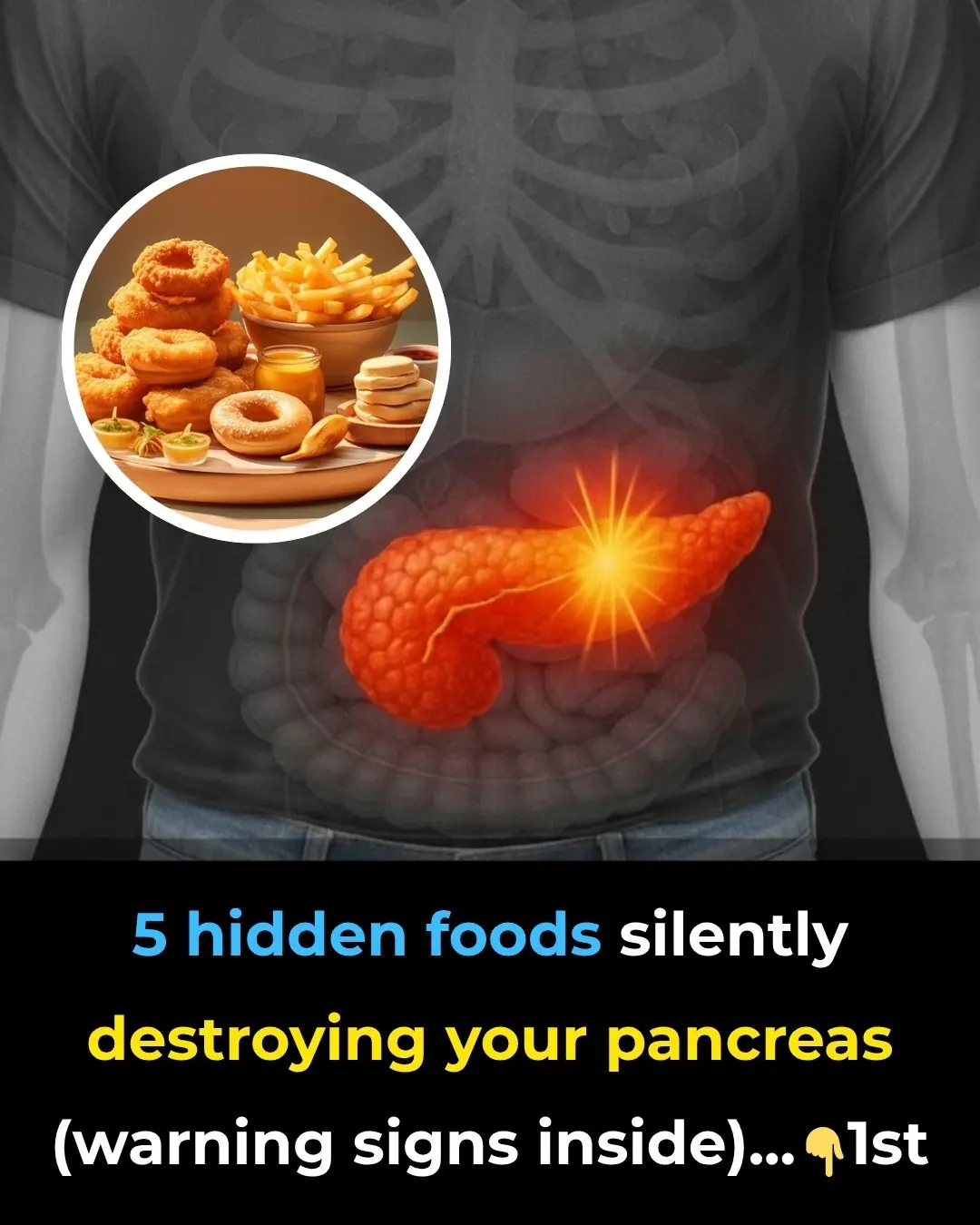
Your pancreas could be ‘silently inflamed’ right now and you’d never know until it’s too late

4 foods to eat on an empty stomach in the morning to cleanse the gut, boost digestion, and lower cancer risk
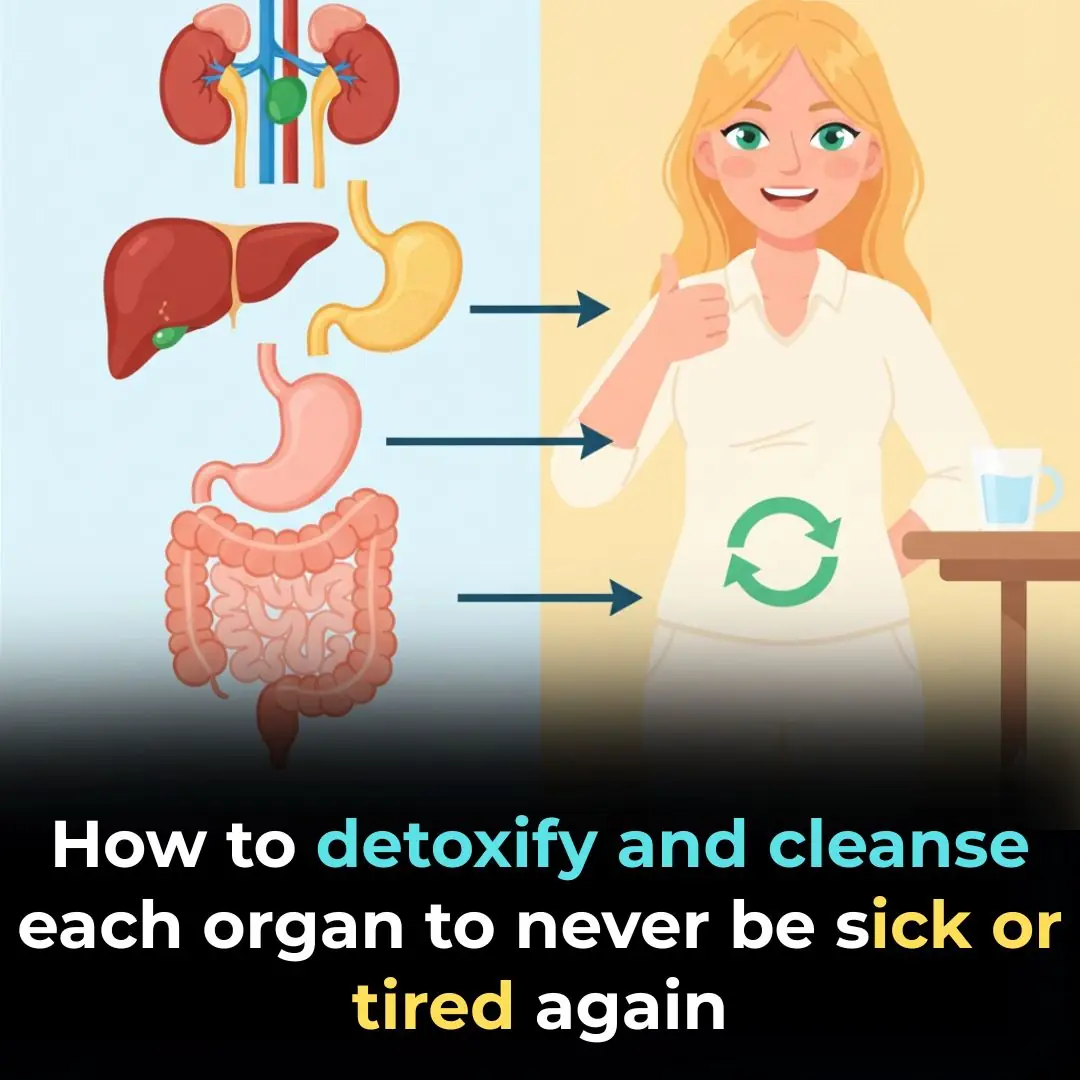
10 Simple Ways to Help Your Body Detoxify and Cleanse Itself
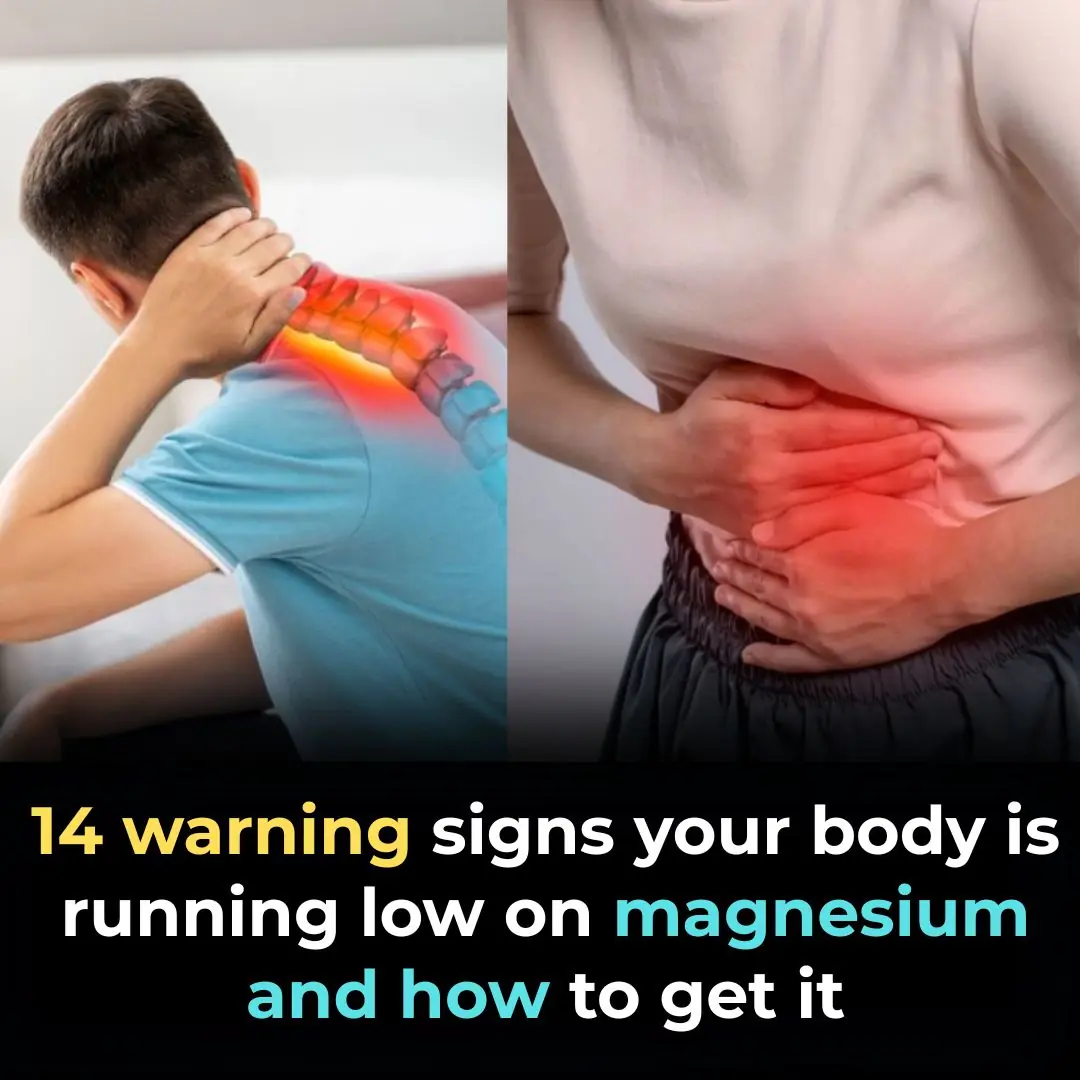
14 Warning Signs of Low Magnesium Levels and What to Do About It (Science Based)
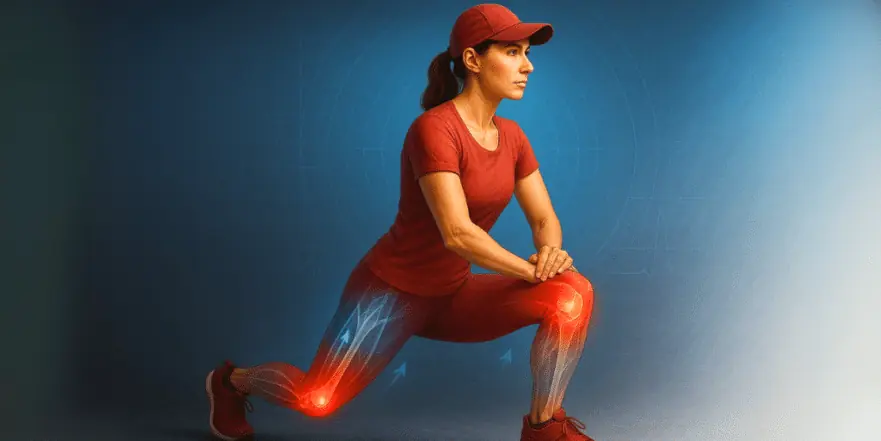
Why Your Legs Get Weaker After 50 — And 4 Simple Ways to Fight Back

This Ancient Spice Opens Your Arteries Like Magic and Supercharges Your Heart

This Super Tea Cleanses the Body and Fights Inflammation (5 Ingredients)
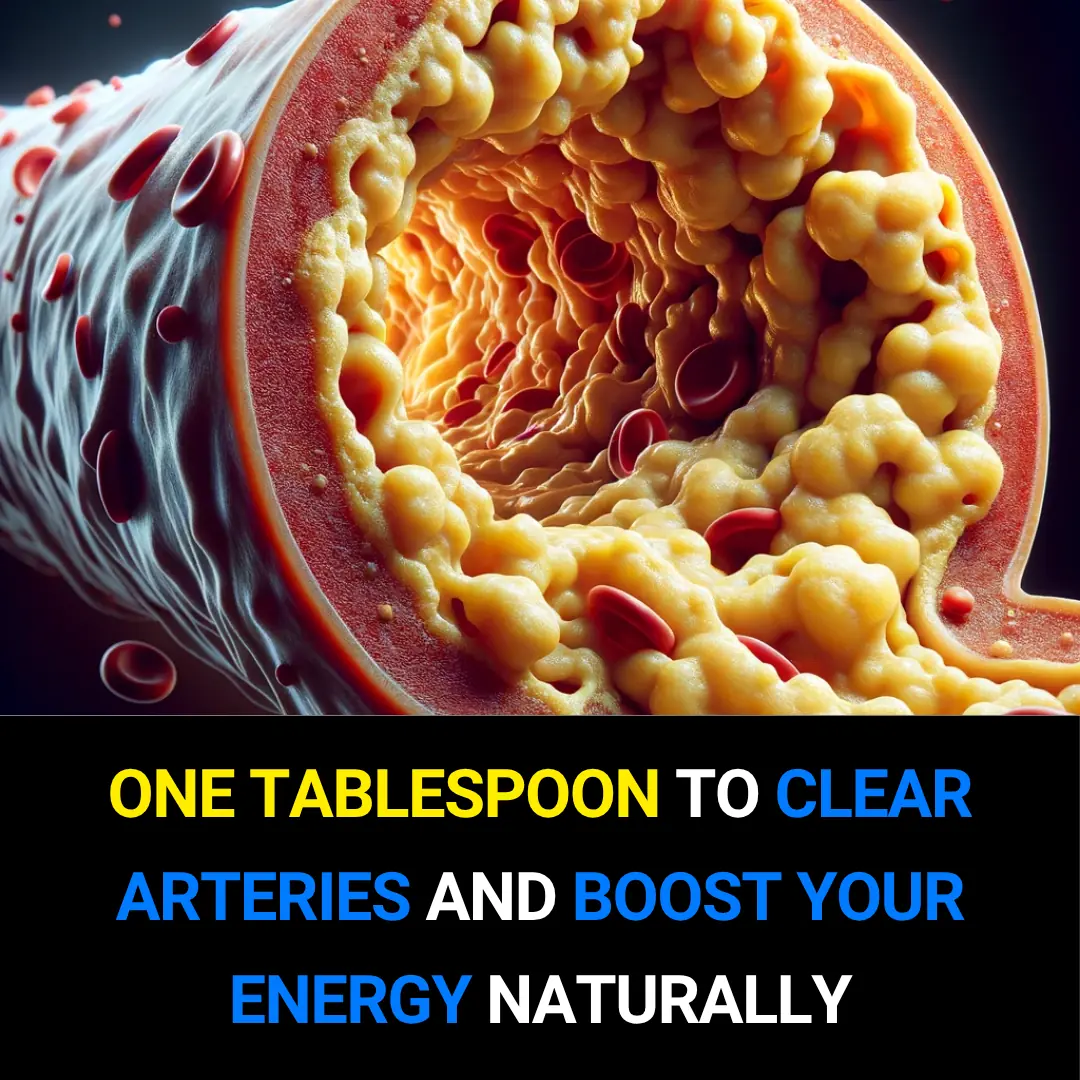
One Tablespoon to Clear Arteries and Boost Your Energy Naturally

13 Superfoods That Double as Immune System Boosters

70-year-olds look 40! 🍀 The Japanese wrinkle remedy you need to try

The real reason you wake up at 3AM — and one simple way to stop it

9 Signs You’re Actually Going Through Menopause (Even If You Didn’t Realize It)
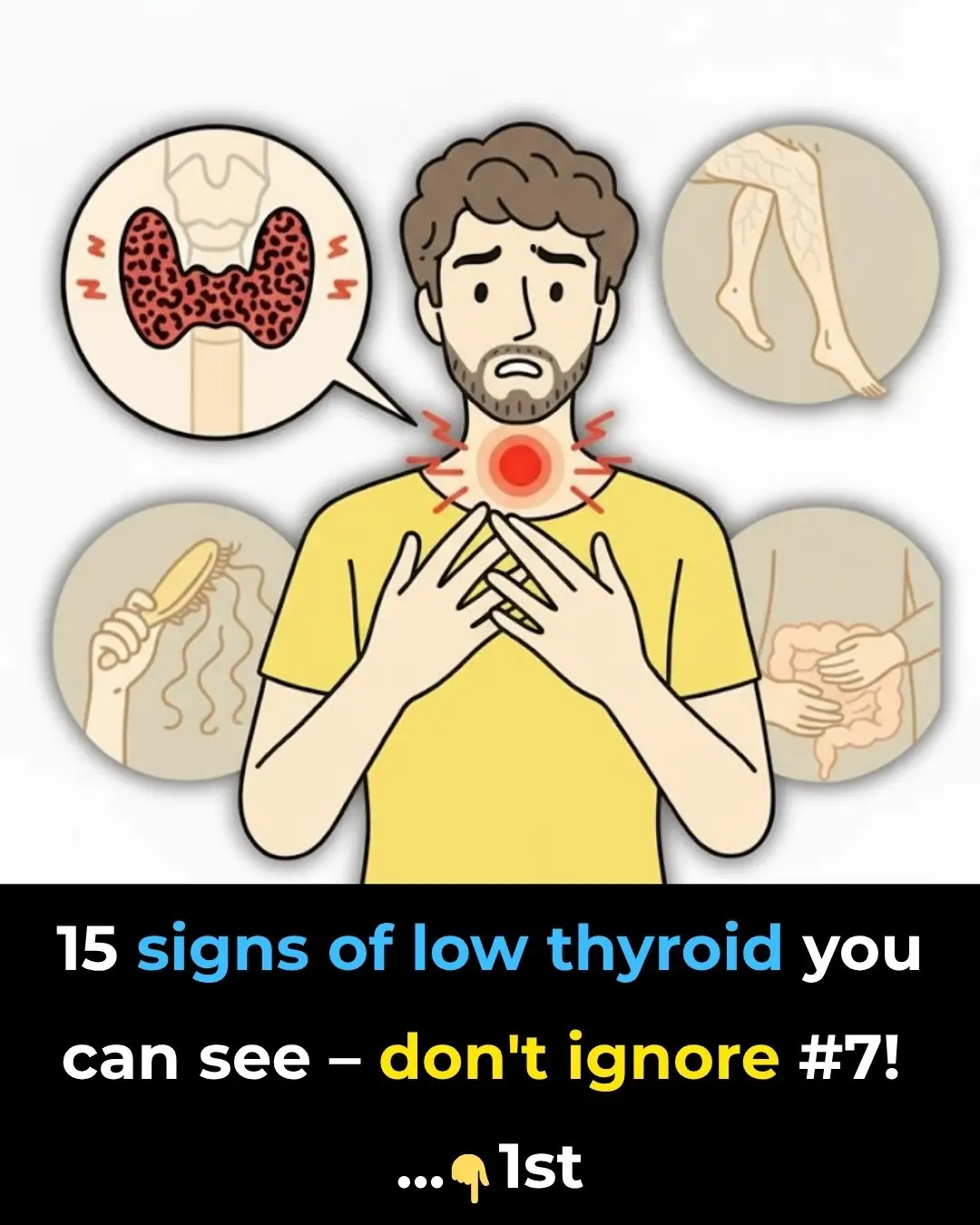
15 visible signs of low thyroid you can see – don’t ignore #7!
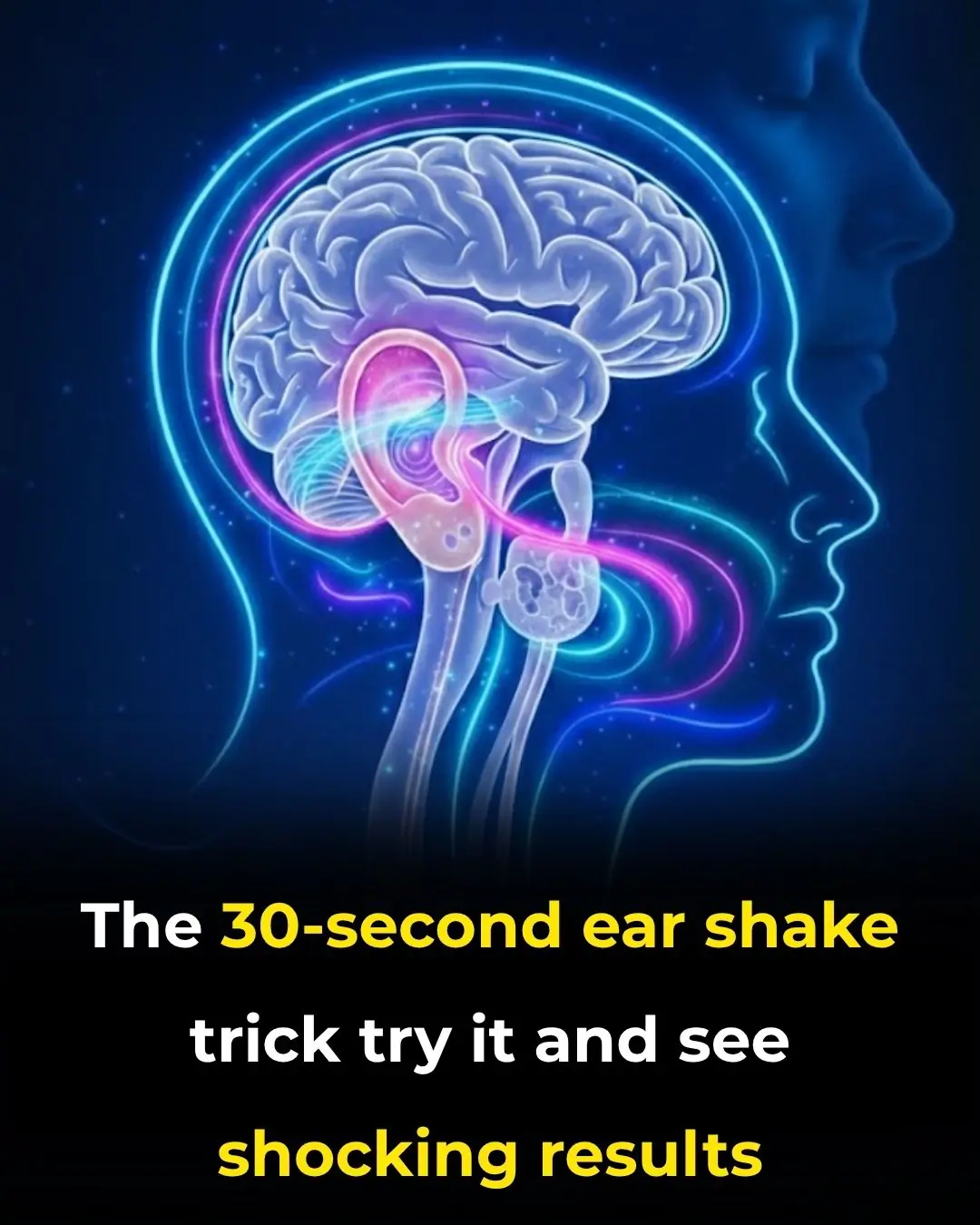
The 30-second ear shake trick: try it and see shocking results
News Post

This Drink Destroys Your Bones From the Inside and Harms Every Organ on Its Way Out

1 Teaspoon of Baking Soda Can Do This to Your Body!

Still Waking Up Tired? This Simple 3g Bedtime Mix Beats Melatonin for Deep Sleep

Papaya releases a milky sap, but most people don’t realize how important it is

Purslane: The Superfood That Tastes Better Than Meat – 7 Reasons to Grow It in Your Garden

9 DIY Cucumber Trellis Ideas for Easy Harvesting and Maximized Garden Potential

Honey, Lemon, Onion, Garlic & Ginger: The Daily Spoonful That Works Wonders

Garlic, Honey, and Cloves – a powerful natural remedy packed with health benefits

Discovering the Health Benefits of Lamb’s Quarters

Common Mullein: Benefits and Uses of Nature’s Versatile Herb

12 Homemade fertilizers for plants easy to find at home

Is It Necessary to Unplug the Rice Cooker After the Rice Is Cooked?

Find All 7 Animals Hidden

6 Surprising Predictors of Divorce You Probably Overlooked

Cyperus Rotundus: The Ancient Herb with Modern Healing Power

Euphorbia Hirta: 9 key health benefits of this versatile plant

Here’s How to Starve Cancer to Death By Removing One Thing From Your Diet

This Super Tea Kills Parasites And Cleanses The Body of Toxins
